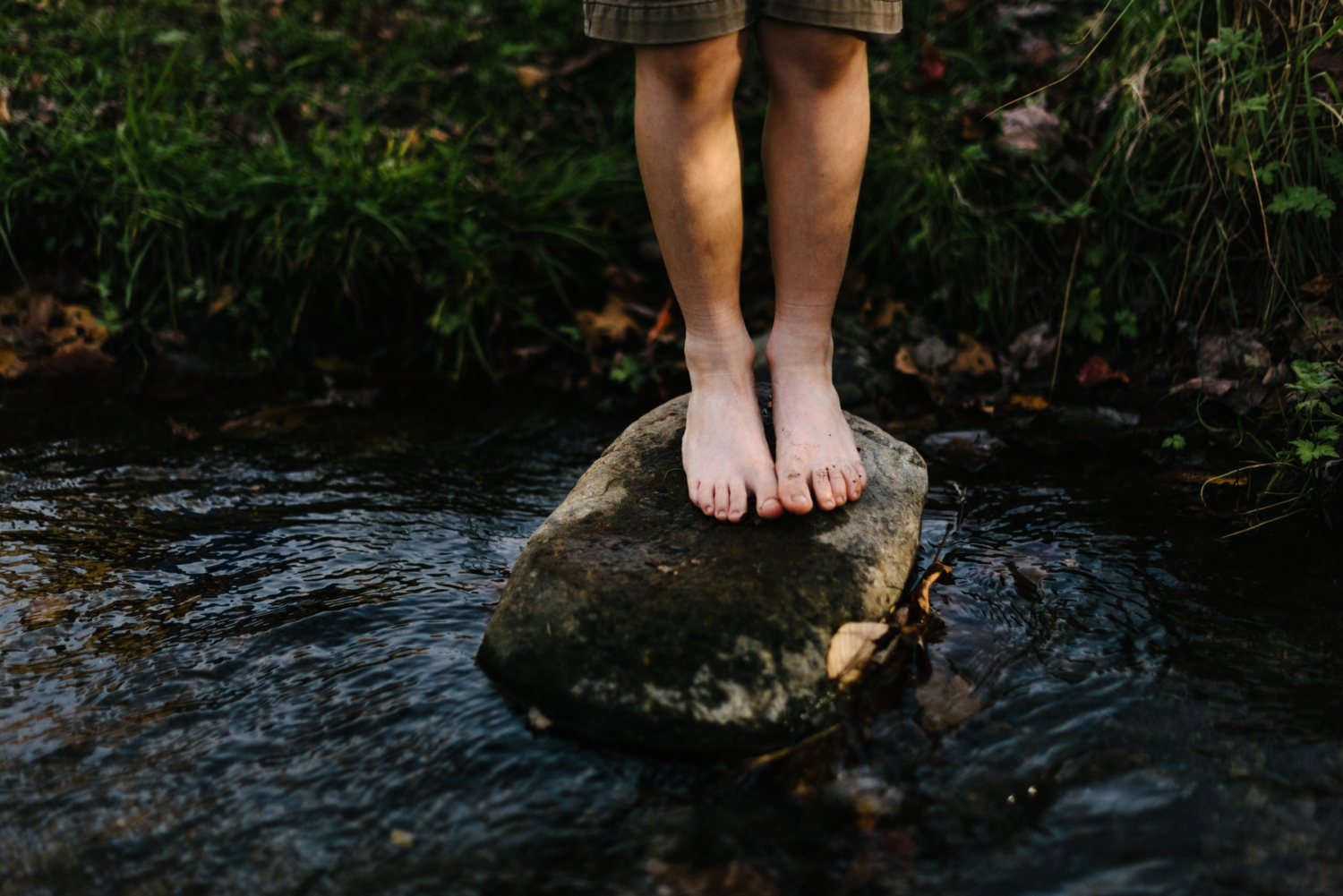What can I do if my child says their heels are hurting?
Children often complain of pain and discomfort whilst they are developing. Whilst we may be quick to respond with “it’s only growing pains” or write a note to exclude them from doing P.E hoping that their discomfort will ease, when it comes to a child complaining about pain in their feet, in particular their heels, you can be certain this is a very real pain which does require Podiatry intervention to limit changes to quality of life by managing pain levels, keeping them active and socially interacting. This condition is known as Calcaneal Apophysitis also known as Sever’s Disease, although a disease it is not.
What is Calcaneal Apophysitis (Sever’s Disease)?
Calcaneal Apophysitis or Sever’s Disease, is the primary cause of heel pain in children between the ages of 8 and 15 years. Primary risk factors in paediatric athletes are obesity and high levels of physical activity. Calcaneal Apophysitis occurs due to inflammation of the growth plate which is exasperated by impact and activity.
This repetitive stress to the heel, occurs more frequently in adolescents during their growth spurts, when bones, muscles, tendons, and other structures are changing rapidly. If your child plays any of the following high-impact sports, it is likely that this may be a causative factor of their pain and discomfort:
- Football
- Rugby
- Athletics
- Cross-country
- Gymnastics
- Tennis
- Ballet.
How do you diagnose Calcaneal Apophysitis (Sever’s Disease)?
Diagnosis of this painful condition starts by listening to your child about their daily activities, enquiring of when the pain first commenced, when it is at its worst and best and how they find that their pain and discomfort is effecting them on a daily basis. Documenting a comprehensive medical history will also inform our diagnosis.
A physical examination of your child’s lower limbs shall be required. Muscle tests shall be conducted and range of movement of the joints within the ankle and feet shall be ascertained through manipulation. Through replicating clinical symptoms with medial and lateral compression of the calcaneal apophysis (squeeze test) will lead your Podiatrist to arrive at an accurate diagnosis.
What is the treatment for Calcaneal Apophyisitis (Sever’s Disease?
The recommended treatment options for calcaneal apophysitis are varied an are very much dependent on the child, their activity levels and their ability to engage with their rehabilitation. We may recommend any or a combination of the following treatments:
- an interchangeable heel lift in their footwear
- permanent bespoke orthoses
- mobilisation of the joints
- stretching or strengthening exercise
- padding for shock absorption
- taping of heel
- ultrasound
- pharmaceutical prescriptions
- ice
- immobilisation casting and crutches
- footwear prescription with appropriate support and cushioning
There is literature available to support the efficacy of all of the above techniques or a combination of a few of them at one time.
Our ultimate aim is to maintain physical activity and reducing pain (short and long term) for your children.
A thorough assessment by South Devon Foot Clinic will ensure that the most suitable treatment plan can be proposed for the short and long term management of this condition.
Inactivity and pain in adolescents
The effects of pain and inactivity in children due to this condition may have an effect on their mental health since they may have to abstain from doing the sports and activities which they love the most. It may affect take a toll on their self-esteem, make them feel angry, depressed, anxious, frustrated and scared. By talking with your child, listening and engaging them in their rehabilitation will make them feel involved and get them back to doing what they love most.





